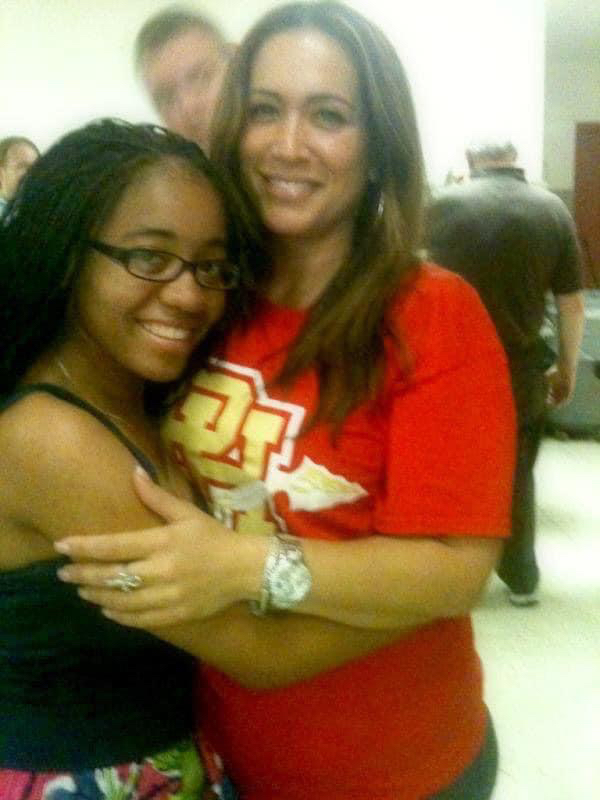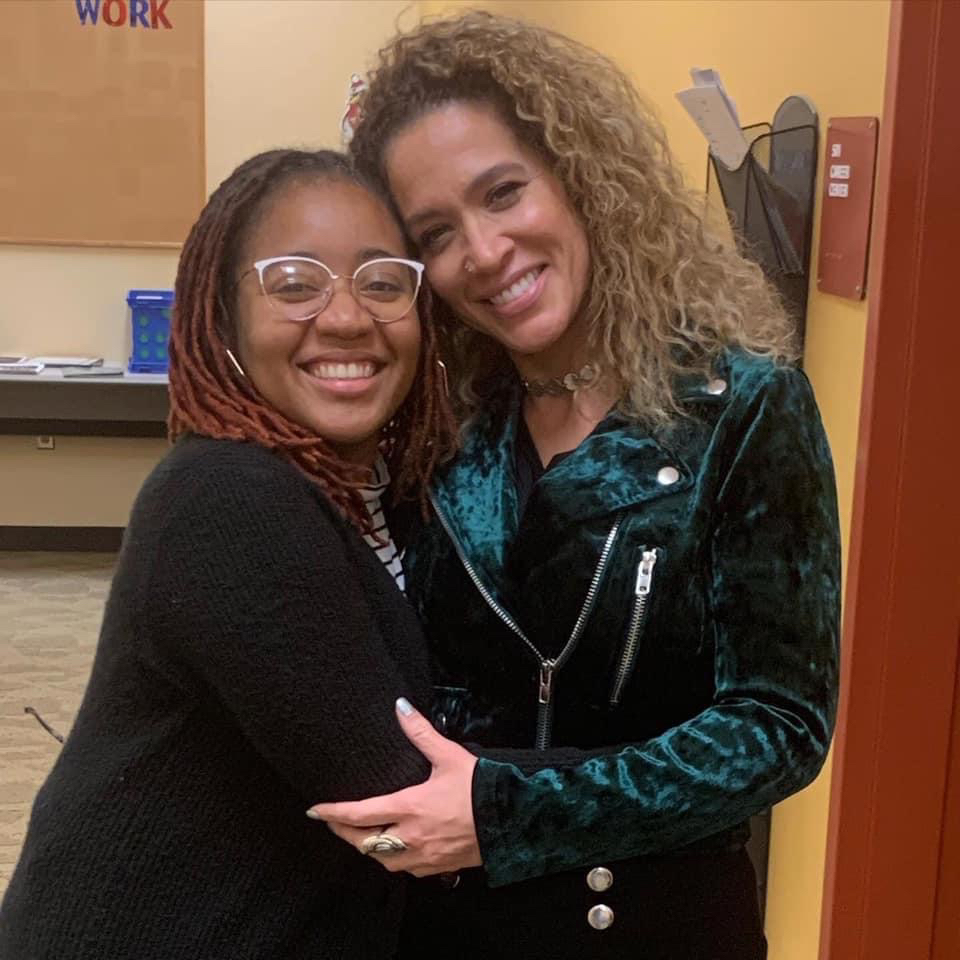Blog
School Counselors of Color & the Crucial Role They Play
School counselors of color serve as role models for students of color, especially in predominantly white schools, as they can better manage biases in their connections with such students.
Guidance counselors in schools supervise students’ career and academic development and social-emotional development worldwide. Oftentimes, counselors can mistakenly limit opportunities for students of color by letting biases lead conversations, such as assuming students can ask their parents for help applying to college, don’t want to go to college or don’t need extra, equitable support.
There are gaps nationwide in representation for students of color, which have persisted for years.
Education Week shares that in July of 2020, 76 percent of members of the American School Counselor Association (ASCA) were white compared to only 51 percent of school-aged children. In contrast, only 6 percent of ASCA members were Hispanic compared to 25 percent of students at that time.
This misrepresentation in schools means students and families may miss out on benefits that come from working with school counselors who look like their students.
Christine Mulhern, an associate policy researcher at the RAND Corporation, found that students of color who are matched with nonwhite counselors were more likely to graduate high school and go to college and had more positive outcomes than if they had been matched to a counselor from a different racial background, noted by Education Week.

ASCI Communications Generalist Vania McClendon has had firsthand experience working with an involved school counselor. “I went to school in the Penn Hills School District where the majority of teachers and guidance counselors were white. It wasn’t until I entered high school where I first met Mrs. Alexander.”
McClendon’s guidance counselor was an older male who didn’t look like her, but seeing Mrs. Alexander was a breath of fresh air. “She wasn’t my assigned guidance counselor, but she really understood me when no one else didn’t,” Vania shares. “Over the course of four years, she was like a second mother to me. Mrs. Alexander was really instrumental to my growth as a teen, and I still talk to her to this day.”
Vania McClendon and Mrs. Alexander, 2010
While there is an urgent need for counselors of color, schools must not wait to be more reflective. Schools must make sure their counselors are trained in culture-sustaining practices that fill the gap while schools are working toward diversifying this field. Even though sharing a racial/ethnic background with students has its benefits, school counselors must always check their biases, learn more about their students’ lived experiences and use that context to better shape the guidance they offer.

“Mrs. Alexander and I mesh so well because we have always been able to learn from each other,” McClendon tells ASCI. “She’s never made me feel small. She helped me fill out college applications and taught me how to make my favorite foods. Now as women, our conversations are a lot different. We laugh, we cry and we go down memory lane while creating new memories.”
Discussions of mental, physical and emotional health are always topics between the two women. As the NAACP President of the Penn Hills chapter, Mrs. Alexander has always recognized that mental health is not discussed or seen as a priority as it should be for Black students, McClendon shares.
Vania McClendon and Mrs. Alexander, 2020
School counselors must also prepare students of color for the challenges that come with attending predominantly white institutions. Issues like identity, self-care and acceptance often plague students when going to college.
“I remember when I wanted to drop out of school, I didn’t tell anyone how I was feeling, even to this day, but I called Mrs. Alexander in the middle of the night and she urged me to finish out the semester and see how I felt at the end of it,” McClendon says. “She didn’t tell me I needed to stay. She didn’t talk down on me. She literally guided me to make my own decision. If we didn’t stay on the phone that night, I probably wouldn’t have gotten my degree.”
As the pandemic continues, schools and education practices have changed. School counselors must find a way to teach youth how to be present with love and civility. This is important since COVID-19 has put everyone in a new atmosphere where everyone needs love in one form or another.
Being a guidance counselor is more than “calling the shots.” It’s about caring about those individuals who come across your path. It’s about recognizing and celebrating cultural differences and similarities. Most importantly, it’s about providing youth with a safe haven to be able to grow into who they are destined to become.